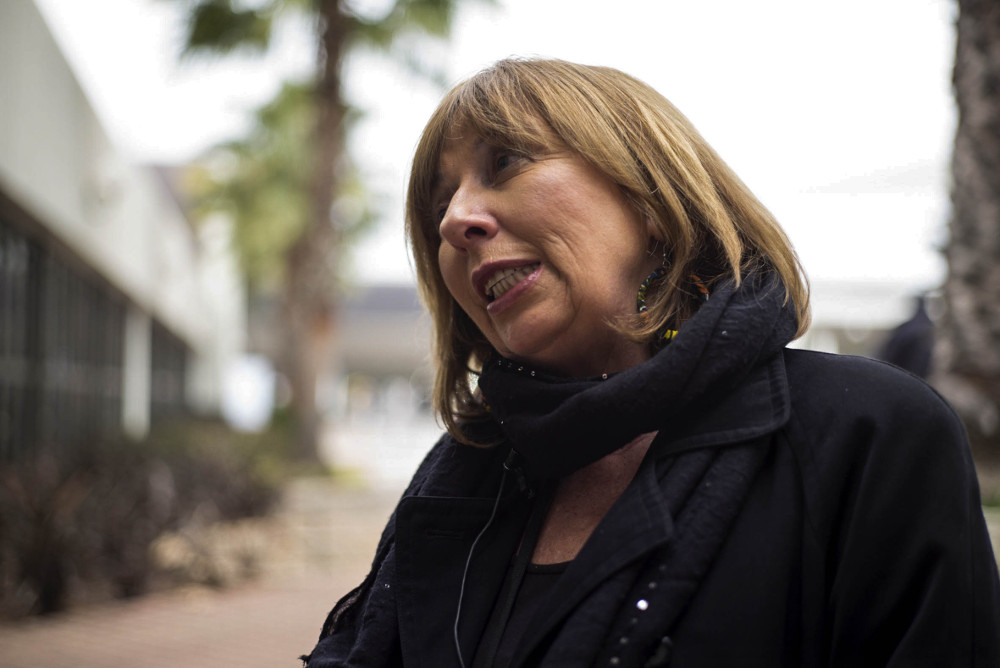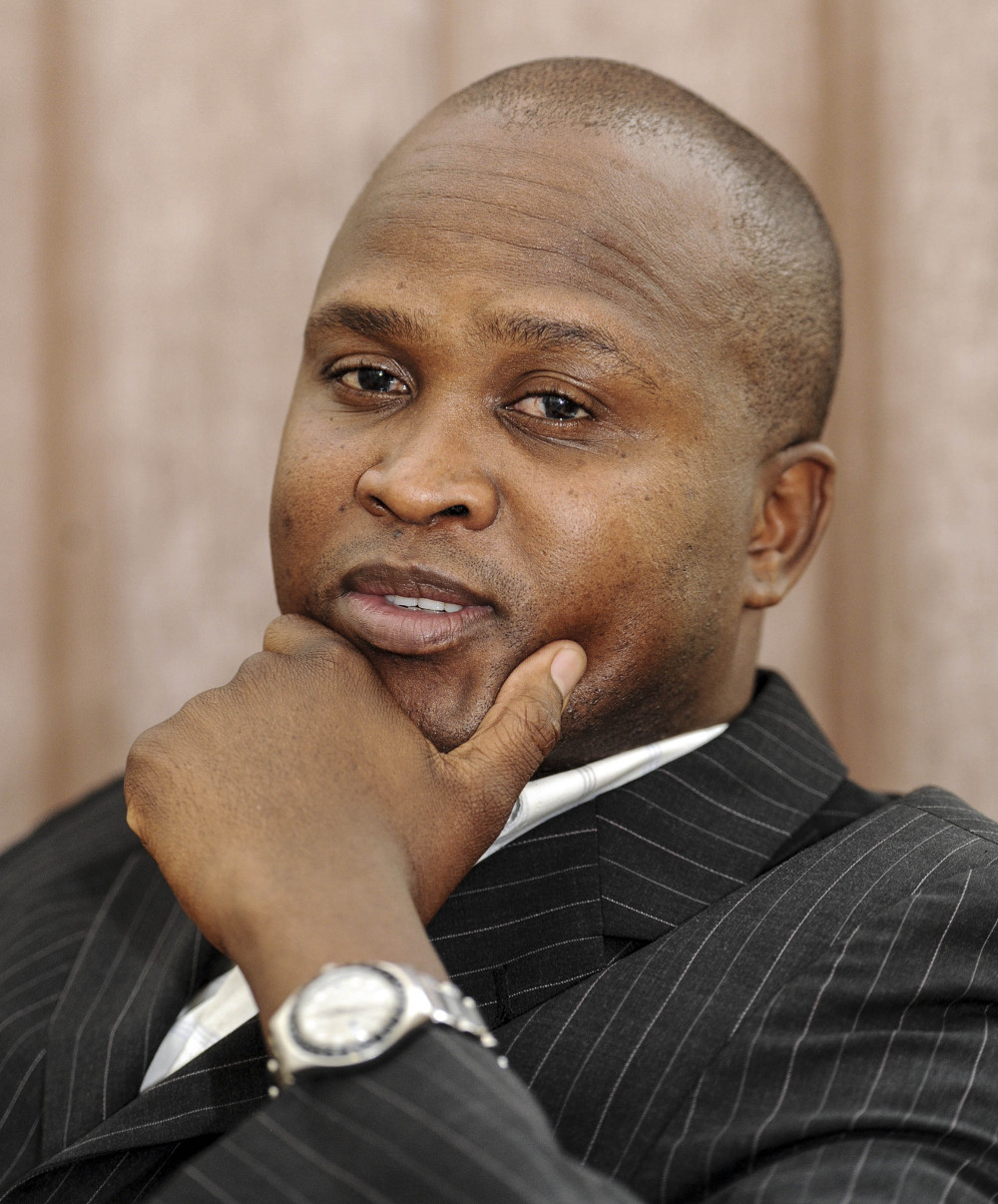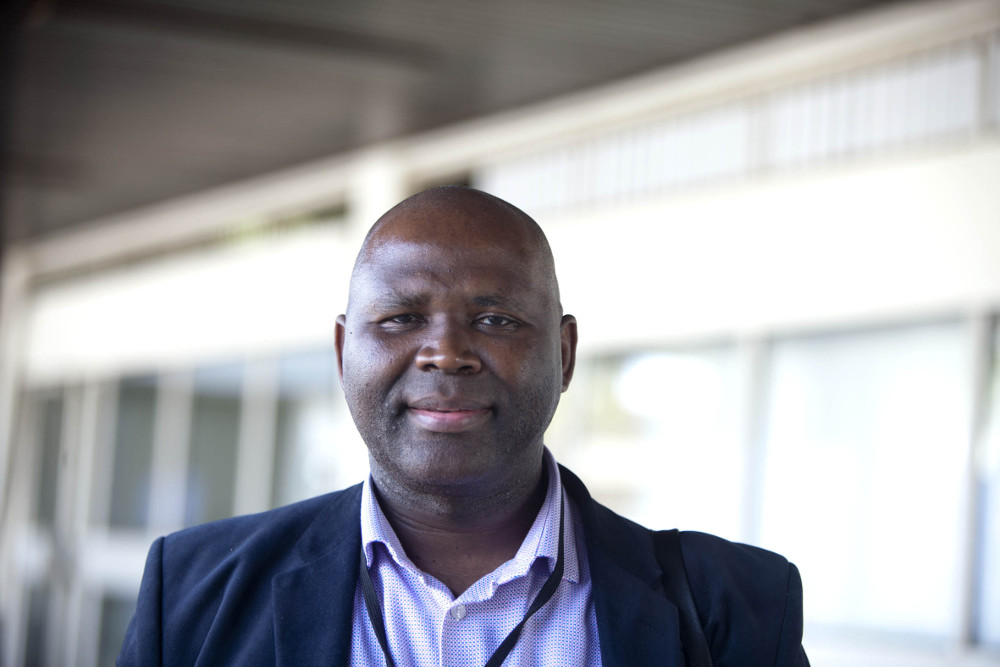Kwazi Mshengu breaks down the ruling party leadership structure that the ANCYL will prefer going forward.
In his opening address at the ANC policy conference on Friday, President Jacob Zuma said that one of the reasons the party had lost support in the local government elections last year was the perception that it was soft on corruption.
He said the party must unite in promoting integrity and curbing possible abuse of power and corruption among its members. The president also said that as a leader of society, the ANC must be seen to be at the forefront of fighting corruption in the public and private sector.
The ANC’s diagnostic report, presented to the conference by secretary general Gwede Mantashe, said society expects the party to take a stand against corruption and that serious action should be taken or seen as having been taken.
All of these statements come in the wake of explosive allegations of state capture in the Gupta emails, which implicate Cabinet ministers.
The Mail & Guardian spoke to political analysts about how the party can cleanse itself of corruption. This is what they said:
Susan Booysen

(Anthony Schultz)
For too long the ANC has thought it can get away with big articulations in election campaigns and people will simply trust them. The people have become more sceptical and cynical by observing ANC leaders. They have learnt that pretty words are not to be taken at face value. And the ANC, in a way, have realised it, that they have [to] purify or cleanse themselves. But they are not doing it.
Even in this conference, some people told me that the president, by standing there and delivering an opening address like that, was basically having a good opposition party campaign.
The ANC has him as the frontman and he has all these images —non-repentant — associated with him. And that is the big contradiction of the ANC. They are not putting their money where their mouth is.
They are not going to get away with these dual tracks, speaking against but not acting against corruption, for much longer. In the past, perhaps, they have done.
They do not take definitive action because corruption and misappropriation goes so deep in the ANC and government, it is almost a question of how can they manage to cleanse it without killing off half their leadership, killing off in terms of action, disciplining, against half their leadership. It is so deep one does not know where they still have the space to actually do that effectively.
Ralph Mathekga

(Gallo)
The issue has gone beyond being soft on corruption. The party is now a vehicle for corruption, which is more than being soft — and that means within the party itself there seems to no longer be recourse on corruption for any members of the party who are involved.
The internal disciplinary processes should be very clear, the integrity committee within the ANC should deal with this straightforward issue. But now the situation has got to a point where the ANC itself can no longer rely on its internal processes.
What they can do is to stop frustrating state institutions. The only way they can actually get assistance is by allowing state institutions to deal with corruption … and state institutions will be able to deal with corruption that involves senior members of the ANC.
Look at what they are doing on state capture. They are dilly-dallying on this thing. Had they allowed state capture to be investigated, the party would essentially benefit out of that. They don’t understand that if they allow these institutions to function within the state, they will ultimately be beneficiaries of that — and in that way, at least, a sense of integrity will emerge within the party.
Somadoda Fikeni

(Oupa Nkosi)
The biggest problem facing the ANC has been the credibility of anything they promised to implement, be it policies or promises of unity, discipline or fighting corruption. Even in the most obvious cases they have not been consistent in applying that [discipline].
Discipline applied inconsistently leads to disdain and defiance, and that is what we have seen: some people fingered in corrupt activities … never directly answer those allegations but rather give broad statements to the public. They treat it as a public relations exercise.
This conference ought to have spent the first two days dealing with basics such as why the ANC has never, since 1994, been faithful in implementing its policies.
What is the ANC leadership and government capacity to deliver on its promises? Because the gap between the promise and the reality is a yawning gap and that, to me, is the fundamental issue.
Honesty deficit, courage deficit, common sense deficit, vision deficit and leadership deficit has been a stranglehold that has made the ANC unable to implement even 20% of its promises.
The quality of its cadres and leaders further compounds this. They do not seem to possess the character, the values or the posture of what they are talking about, to a point of it being unbelievable. That ought to have been the focus.
Susan Booysen is a professor at the Wits School of Governance and author of Dominance and Decline: The ANC in the Time of Zuma. Ralph Mathekga is author of When Zuma Goes. Somadoda Fikeni is a professor at Unisa’s Centre of African Renaissance